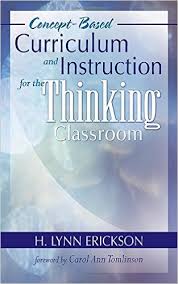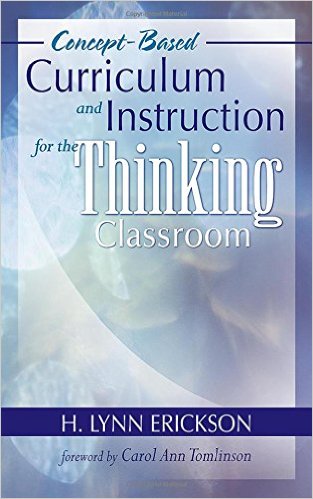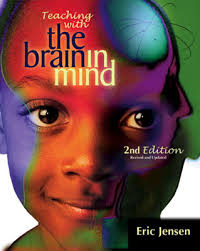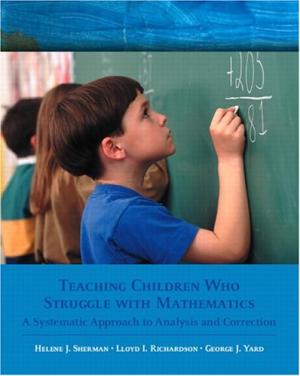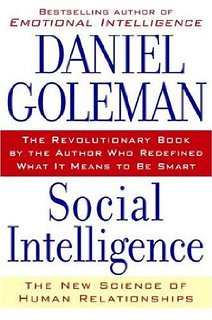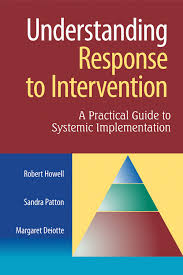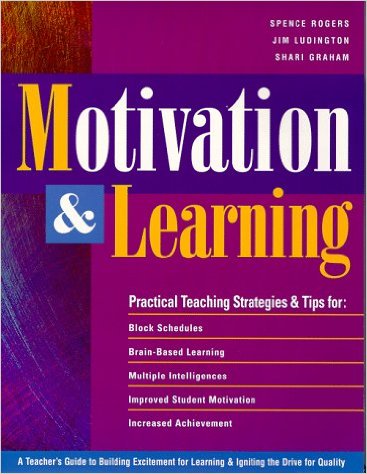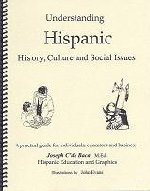- 2 Credits - 2 Semester Credits(post-baccalaureate PD credits for re-certification andpay-lane increases)accredited nationwidestart any timeup to 5 months to completeindependent studyall course materials included with course tuitionview FAQCourse DescriptionThis course explains how to prepare students to be successful math learners by teaching them the strategies they will need to comprehend math vocabulary, writing, textbooks, and problem-solving processes. Educators will learn about the language of math and how to utilize reading and writing in the math classroom to help students understand and apply the mathematical applications. Participants will write a paper on instructional theory for teaching mathematics or develop lessons or activities
- 2 Credits -
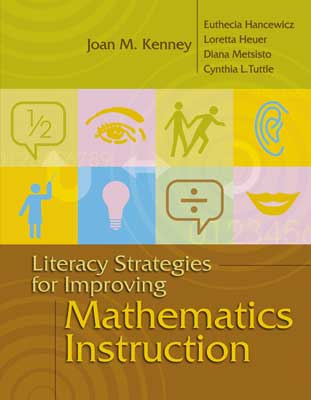
2 Semester Credits
(post-baccalaureate
PD credits for re-certification and
pay-lane increases)
- accredited nationwide
- start any time
- up to 5 months to complete
- independent study
- all course materials included with course tuition
- view FAQ
Course Description
This course explains how to prepare students to be successful math learners by teaching them the strategies they will need to comprehend math vocabulary, writing, textbooks, and problem-solving processes. Educators will learn about the language of math and how to utilize reading and writing in the math classroom to help students understand and apply the mathematical applications. Participants will write a paper on instructional theory for teaching mathematics or develop lessons or activities for classroom applications that help students understand and compute mathematics



$325
2 Semester Graduate Credits
Item categoryaccredited-by-csuppage6 not found.Item ma-categoryaccredited-by-csuppage6 not found.Item categoryaccredited-by-csuppage62 not found.Item ma-categoryaccredited-by-csuppage62 not found.
Literacy Strategies to Improving Mathematics Instruction
- 2 Graduate Credits -



Course Objectives
- Educators will learn about the use the application of language and writing as it applies to mathematical concepts and situational examples that translate to numerical applications.
- Teachers will examine reading problems that hinder student comprehension of worded problems and to simplify or reword questions so students understand the math involved.
- Educators will learn about applying writing to the mathematics classroom and how that helps students comprehend the mathematical computations involved within language and literacy development.
- The wording for describing graphic representations from a visual format and then expressing the concepts to create meaning are also presented.
- Teachers will develop lesson or unit plans that apply literacy strategies for addressing learning deficiencies and how this can help students improve their mathematical skills.
Credit Hours
2 Semester Credits (post-baccalaureate professional development credit)
Course Instructor
Whitney Hartwell Ma.Ed.
Grade Type
University Transcript: Click Here For Details
Literacy Strategies to Improving Mathematics Instruction
TLC Testimonials

